

'In vino veritas (There is truth in wine)'
Pliny The Elder (23 – 79 AD)
Puimisson is a Languedoc village situated a few kilometres from Béziers, with its Mediterranean climate.
From the south, the sea brings wind and humidity...
From the north the mountains bring freshness...
The Domaine has been certified organic since 1987, when we decided that we wanted to show the possibilities of growing vines without chemicals.
In 1987, nobody was speaking of Mad Cow Disease, care for the environment was scarce and it required an act of great courage to follow the organic route.
30 years ago the Domaine was made up of more than 20ha and produced an average of 1800hl each year. Today it only has 13 ha under vine producing an average of 500hl.
Organic certification is all very well but nothing is more important than the degree of confidence created between a consumer and a vigneron.
Visiting, talking, explaining, tasting, …. In a word understanding before sharing....
You can make an appointment to pay a visit.
Our vineyard extends over a dozen hectares of a variety of terroirs.
Puimisson is made up of a mosaic of soils and subsoils. The majority are clay-limestone with more or less clay, some veins of villafranchien gravel, marl ...
All of our vines have been cultivated organically since 1987, long before it was fashionable to do so. We can guarantee that all the soils of the domaine have seen no chemical fertilisers, nor any synthetic products for more than 28 years.
The management of the vineyard is rigorous whilst fully respecting the plants and the soils.
Ploughing, necessary for clay soils, is limited to ensure that the soil does not become compacted.
In Spring, every vine stock is hoed manually.
We cut back the vines only when we consider it necessary and after they have finished budding.
As regards treatments, we limit any interventions whilst not hesitating to use plant based composts and preparations as well as other natural products.
The vine and wine are great mysteries. Only the vine in all of the plant kingdom helps us to get a sense of the true flavour of the earth. (Sidonie Gabrielle Colette)
We don't inherit the earth from our parents, We only lend it to our children. (Antoine Saint Exupéry)
To grow vines organically involves working with ones envronment. We started work on improving the environment of our vineyards ten years ago. Our vines which were too compromised by the surrounding environment of conventionally grown vines have been grubbed up and replaced with olive trees. Where we have maintained vines we have planted hedges, bushes and trees to protect them :
Over time we have planted more than a thousand trees, bushes and olive trees. And we continue to plant more every year.
A large range of grape varieties makes up the domaine :
- Syrah, Grenache, Carignan, Cinsault, Mourvèdre, for the reds.
- Sauvignon blanc, grenache blanc et gris, carignan blanc, macabéo, muscat petits grains et Alexandrie for the whites.
However, wine's identity does not just come from the variety but also from the terroir...
Since 1966, the vineyard parcel « Rome » has been planted with a mix of fifteen grape varieties. The grapes from this parcel go into the solera system...
For the last 5 years we have been reviving this practice of complanting several varieties (often rare and old) in one parcel.
It was the result of this that Flower Power was born (first vintage in 2014). A wine harvested from the Font d'oulette parcel planted with Aramon Noir and Gris, Oeillade Noire together with Muscate, Clairettes Blanche, Grise and Misquée all grafted here from 2012.
In 2015, in the Peilhan vineyard, we planted Terret Noir and Blanc, Ribeyrenc Noir and Gris and Morastel. A new cuvée in prospect... from this parcel which will include more than 13 grape varieties...
« Wine is not uniform, it is diversity itself, diversity due to the cépages, to the terroirs, and to its age. Young or old, it invites a variety of pleasures. »
(Sidonie Gabrielle Colette)
« Wine is one of man's greatest successes, transforming a perishable fruit into something timeless. » (John Arlott)
We tend the vines throughout the year so that they give the very best grapes. At the moment of harvest, our work is confined to creating the best conditions to allow them to express themselves. There does not exist one single recipe, the making of the wine is adapted to the grape variety and to the vintage (short or long maceration, destemming or whole bunch, punching the cap or pumping over) many, varied methods can be used according to inspiration and the grapes themselves... In the cellar it is nature which decides... The choice of 'natural' winemaking is the end result of the work carried out in the vines. The choice is to limit external elements to allow the grapes to give the best of themselves. No adding of SO 2, no adding yeasts, no adding enzymes, ... in a phrase, leave nature alone whilst maintaining an eye for observation, a palate for tasting, a hand for helping and nurturing and a heart for sharing... Wine is a drink which creates conversation and conviviality... Bottling is done at the domaine, with no filtering whilst respecting the lunar calendar ... All our wines are made without any added SO 2 , including at bottling.
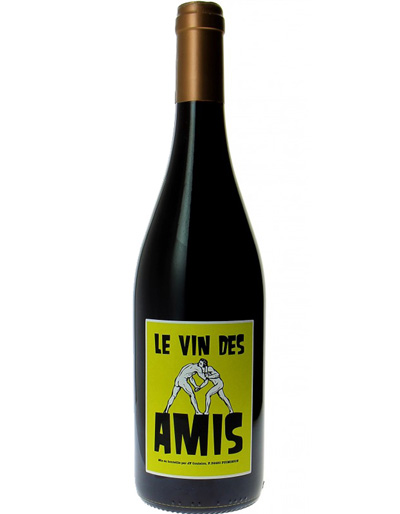
a wine which comes out in spring made from a blend of syrah, grenache, and occasionally, cinsault.
More...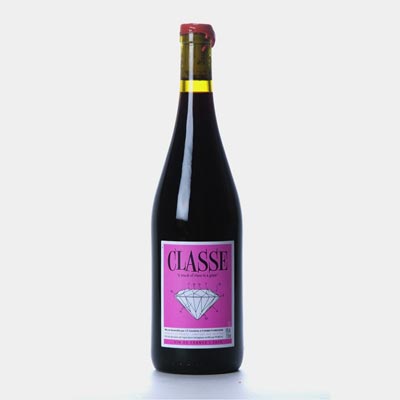
syrah, grenache and either cinsault or mourvedre
More...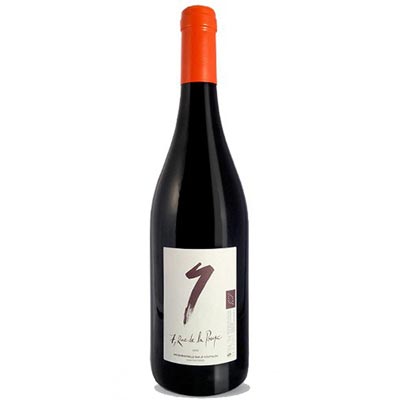
a cuvée of syrah with the addition of a little grenache
More...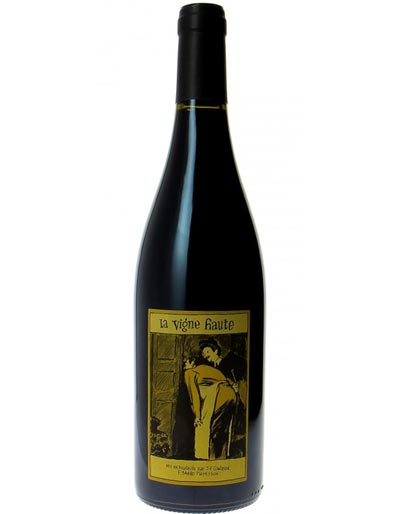
a cuvée of pure syrah grown in « la garrigue » vineyard (2001. 2007. 2011. 2013)
More...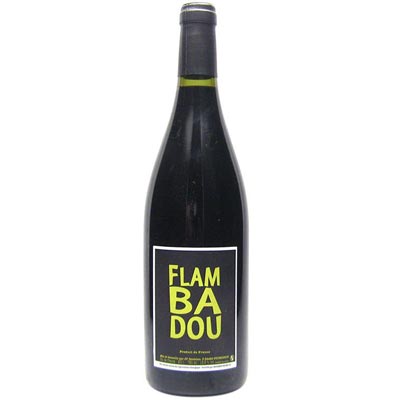
a cuvée of pure carignan grown in the « font d’oulette » parcel (2001. 2007, 2011. 2013. 2014)
More...
first vintage was 2014 for this wine produced from the complanted vineyard « font d'oulette » completed by a little cinsault (2014) and of syrah (2015)
More...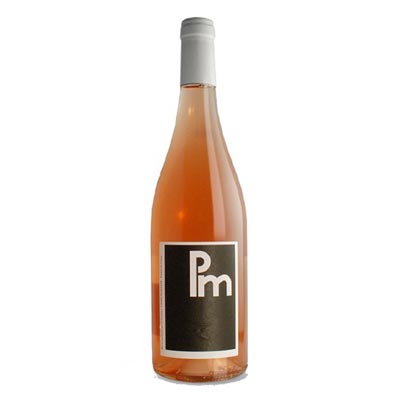
the « petnat » (natural sparkling wine) of the domaine, both white and rosé
More...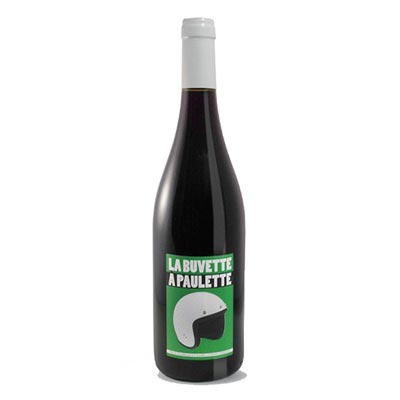
a cuvée of cinsault grown in « Rome » vineyard (2003, 2013)
Les copainsOne eve in the bottle sang the soul of wine : 'Man, unto thee, dear disinherited, I sing a song of love and light divine-Prisoned in glass beneath my seals of red. (Charles Baudelaire)
For four generations we have been able to follow the tradition of raising wines in a solera.
At harvest time the grapes are pressed then put into barrel to ferment. Afterwards they will follow a pathway through the barrels used for aging to sleep for a very long time.
There are more than 50 barrels and dozens of large glass bottles to be found in the cellar of the soleras.
Some barrels are more than 200 years old and have never been emptied, they are simply filled up once a year with wine which is slightly younger.
Grenache, muscat, clariette, … young or more aged, sweet or dry, we invite you to come and meet us and get to know the domaine.